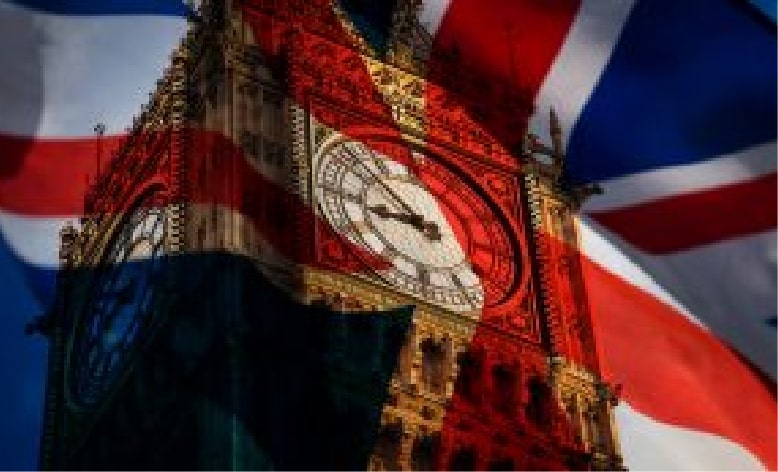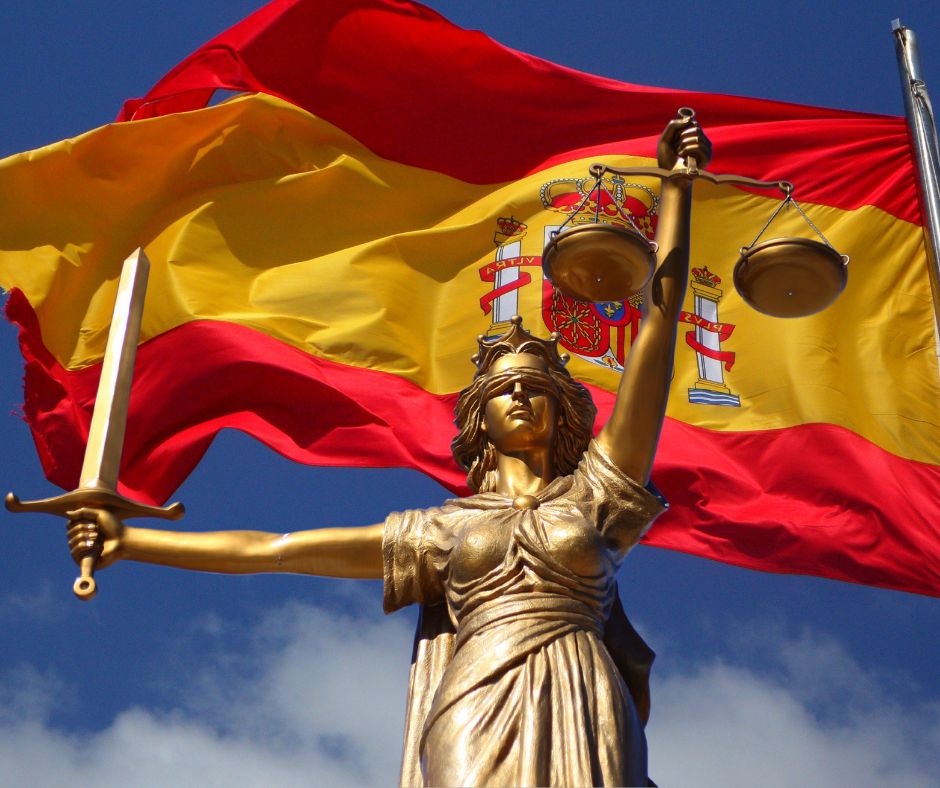Children Law Legislation Simplified
Post date: 8.11.22
Children Law Legislation Simplified In the UK The Children Act 1989 is the main legislation which provides the law…
Children Law Legislation Simplified
In the UK The Children Act 1989 is the main legislation which provides the law for children. Some children rights are also recognised at international level through agreements between governments.
The Children Act 1989.
The Children Act 1989 is a UK Act of Parliament to reform the law relating to children. It sets out a number of children’s rights and manages what local authorities, courts, parents, and other agencies in the UK are doing to ensure that children are safeguarded from abuse and neglect. It is believed that children are best cared for within their own families, however, this Act makes provisions for instances when a child’s welfare has not been protected.
European Convention on Human Rights (ECHR).
The 1950 European Convention on Human Rights (ECHR) (PDF) is an international treaty which gives a set of rights to both adults and children. The Human Rights Act 1998 made most of the ECHR UK law which in the case of child law means that children can complain to a UK court if their rights have been broken, and if the claim is rejected, they can take their claim to the European Court of Human Rights.
The Human Rights Act 1998.
The Human Rights Act 1998 sets out the fundamental rights and freedoms that everyone in the UK is entitled to. It incorporates the rights set out in the European Convention on Human Rights (ECHR) into domestic British law. The Human Rights Act came into force in the UK in October 2000.
UN Convention on the Rights of the Child (UNCRC).
The UN Convention on the Rights of the Child (UNCRC) sets standards for education, health care, social services and penal laws, and establishes the right of children to have a say in decisions that affect them.
The Equality Act 2010.
The Equality Act 2010 protects children, young people and adults against discrimination, harassment and victimisation in relation to housing, education, clubs, the provision of services and work. The Act applies to England, Scotland and Wales. Northern Ireland has a number of different anti-discrimination laws relating to the provision of services.
Back to Blog


